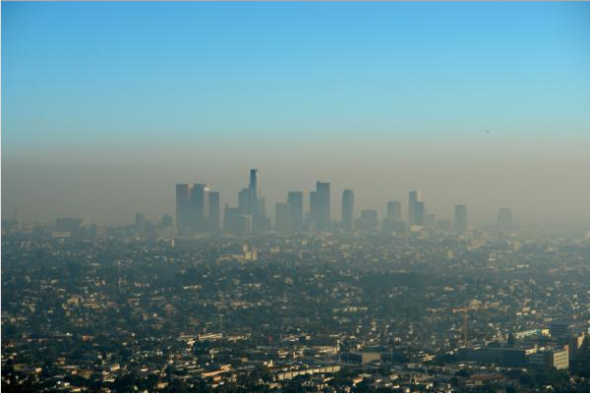
New IPCC Climate Change Report Reasserts Disparate Impacts on Marginalized Communities
In an interview with Between the lines, Interim Director of the Joint Center’s Energy and Environment Program, Dr. Michael Dorsey, discusses the latest IPCC climate change report and the disparate impacts of climate change on low-income communities and communities of color.
The first thing to understand is that those that contribute the least amount of carbon pollution to the atmosphere are regrettably those that are harmed the most from the contributions of that very same carbon pollution to the atmosphere, as well as a host of concomitant co-pollutants. So, African Americans in the U.S., their emissions are about a fifth of those of wealthy, white Americans in the country. Yet when we look at the effects of asthma-associated mortality, we find that African Americans are about a third more likely to die of asthma, particularly asthma that is exacerbated by polluted air that can be exacerbated also as the average mean temperature rises. And this particular problem of the disproportionate impact of carbon pollution and its effects on particular marginalized communities in the U.S. is a problem that faces the world. So, indigenous communities in the Arctic; communities in sub-Saharan Africa, particularly poor communities in sub-Saharan Africa; in South Asia; in the high Andes. Those poor, marginalized communities, they are right now living out and experiencing the deleterious effects of the unfolding climate catastrophe that’s gripping the planet.
Please click here for the full interview.
Morgan McLeod is the Program Assistant and New Media Strategist at the Joint Center

